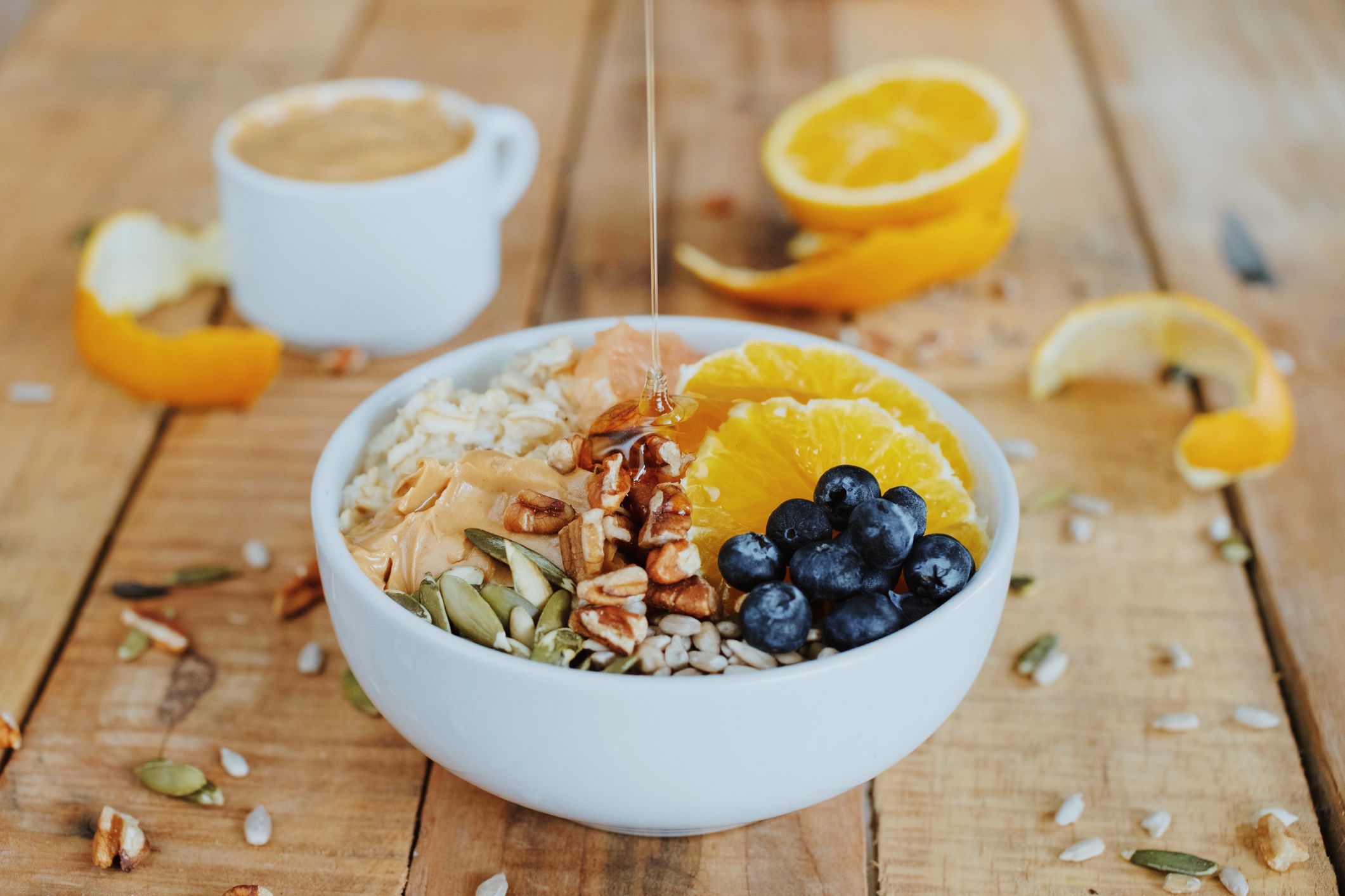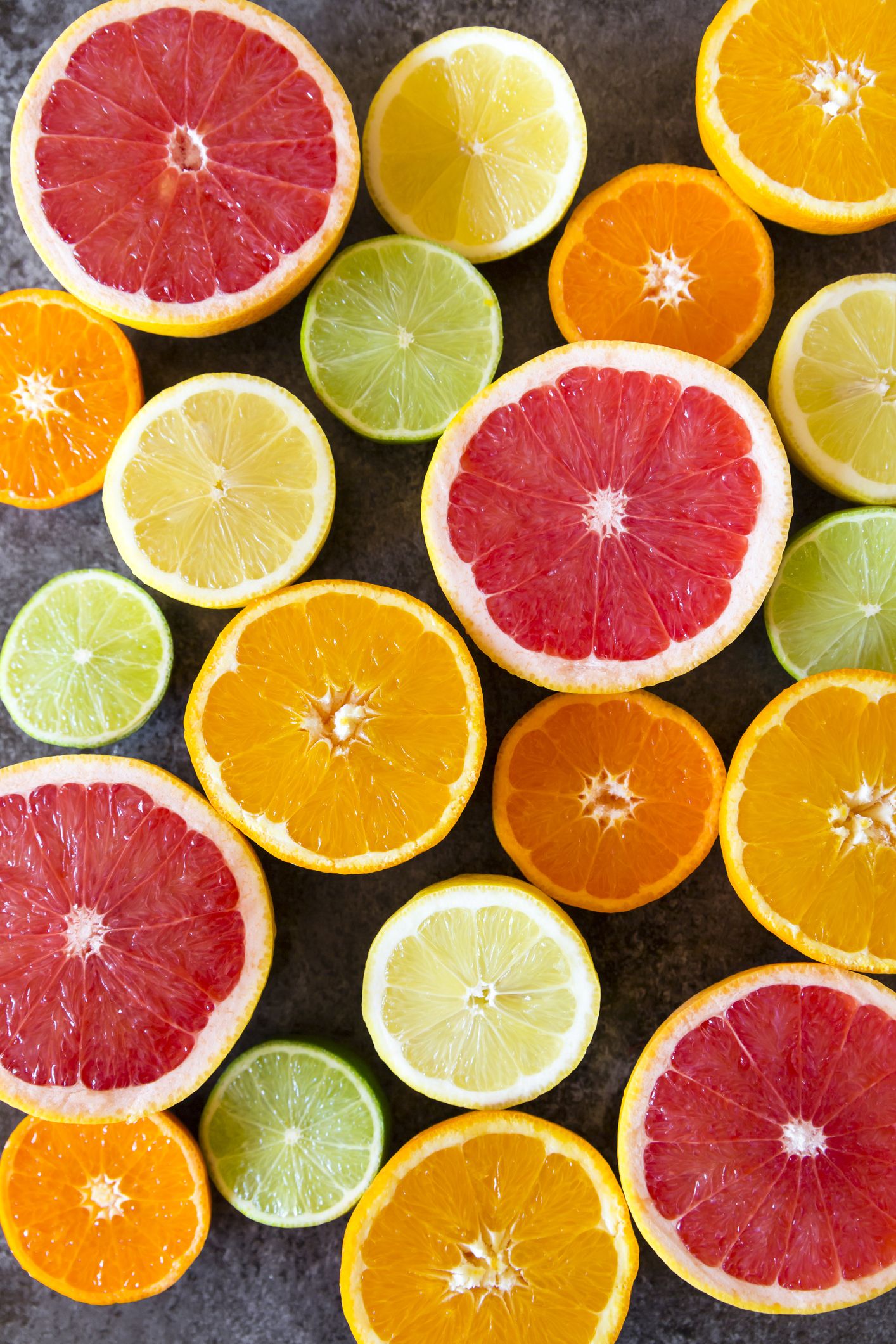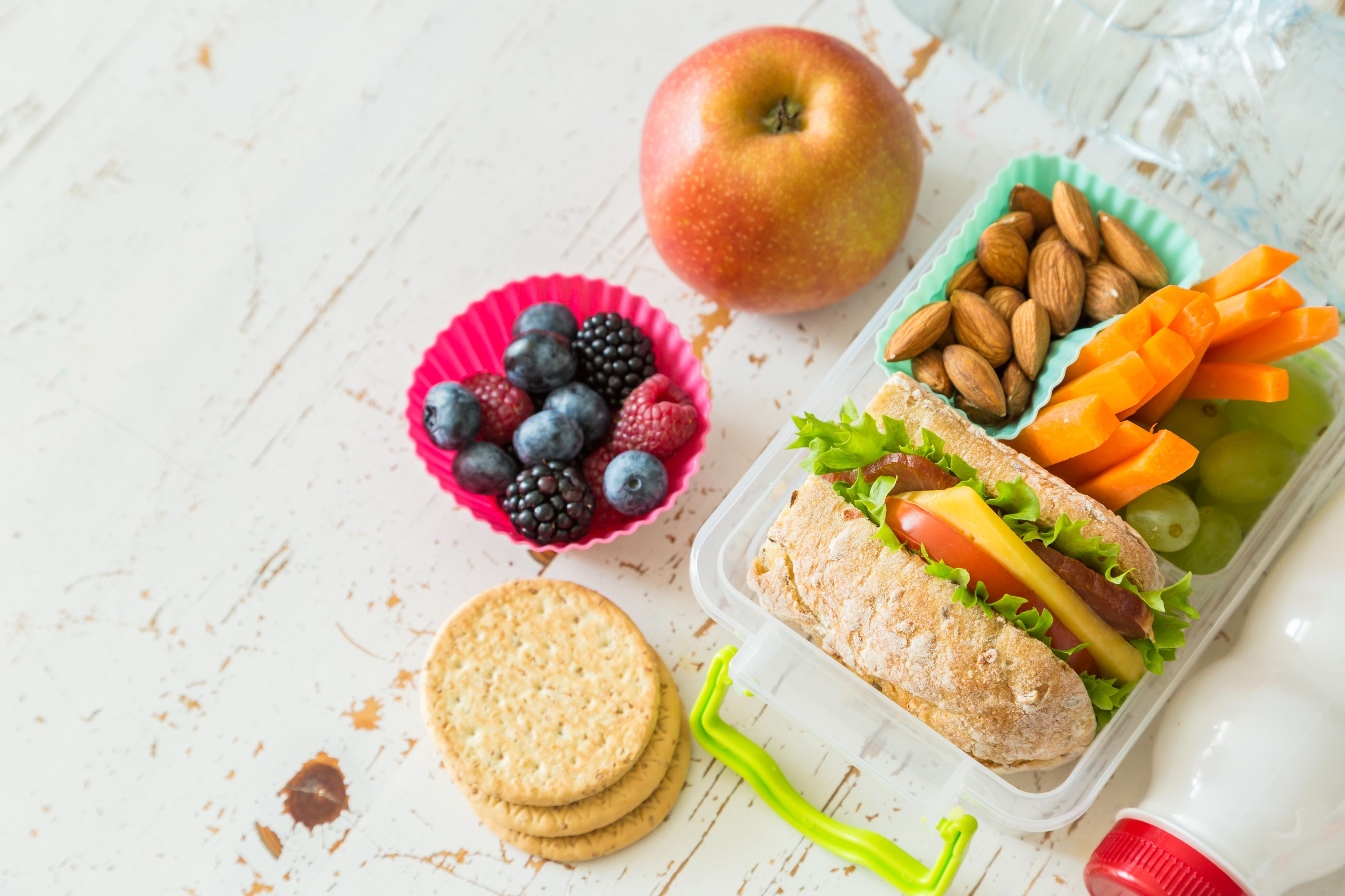If you’re trying to lose weight, it’s smart to load up on fruits and veggies. But there’s one fruit that keeps coming up as being especially good for weight loss: pineapple.
Pineapple has been a so-called weight loss fruit since, well, practically forever. Some people swear by mixing it with cottage cheese for fat-burning benefits, while others say that the fruit on its own is pretty magical. TikTok has plenty of videos of people raving about the “pineapple diet,” who say that eating pineapple helped them drop several pounds in a short period of time.
“Pineapple is my best friend,” TikTok user @catcasas wrote in the caption of one post, noting in the video that you can “lose up to 10 pounds in three days” by eating pineapple for breakfast, lunch, and dinner, along with grilled chicken breast.
But, wait, is pineapple really that helpful as a weight-loss aid—and is it even safe to eat it at every meal (or for every meal)?! Let’s dig in.
Is pineapple actually good for weight loss?
It can be, says Vanessa Rissetto, MS, RD, co-founder of Culina Health in New York City. These are the biggest potential weight-loss perks that pineapple has going for it:
Pineapple is low in calories
One cup of pineapple contains 82 calories according to the USDA. That’s not too shabby, Rissetto says. That said, pineapple packs 21 grams of carbohydrates. That doesn’t mean it’s bad or unhealthy (those are carbs that fuel your brain and body), but if you are on a low-carb diet, make sure that pineapple fits within your carb goals.
Pineapple contains bromelain
Bromelain is an enzyme that can help break down protein and increase your absorption of certain nutrients. Some animal studies have shown that pineapple’s juices may help decrease the formation of fat—in rats, at least. (Humans are way more complex than rats, so these results don’t exactly translate to you. Think of it as preliminary research.) “Bromelainis believed to help burn fat,” Rissetto says. Why? It can break down proteins into amino acids (a process called proteolysis) and helps your body get energy from fat (called lipolysis), she explains.
Pineapple has a solid serving of fiber
Fiber is a big element in weight loss—and one cup of pineapple contains 2.3 grams of the stuff, according to the USDA. Adding more fiber to your meals and snacks is one change that’s associated with weight loss (and a better ability to stick to a diet), regardless of calorie or macro intake, per 2019 research in The Journal of Nutrition. “Fiber digests slowly in the body and therefore helps to keep you more satiated,” says Keri Gans, MS, RDN, author of The Small Change Diet. That, she adds, is important for weight loss. The fiber in pineapple also “promotes digestion” and “acts as a natural laxative,” Rissetto says.
Pineapple is hydrating
Sure, you do your best to drink plenty of H2O in the day, but you’re busy over here. Noshing on some pineapple can help you get enough liquid into your body by the end of the day. “Pineapple consists of 86% water, which is definitely hydrating,” Gans says. Being hydrated can help tamp down on overeating “especially since, many times when a person is dehydrated, they may mistake it for hunger,” she says.
Pineapple is full of manganese
Manganese is an essential nutrient that your body needs to function properly and process the food you eat.A cup of pineapple contains 1.5 milligrams of manganese, which is nearly your entire recommended intake for the day. Manganese “helps regulate the metabolism of fat and carbohydrates,” Rissetto says.
What are the other health benefits of pineapple?
Of course, pineapple isn’t just a solid fruit to put in regular rotation for its weight loss benefits—it has plenty of other benefits, too.
It’s anti-inflammatory
Pineapple is a solid source of vitamin C, an anti-inflammatory, Gans says. (It has 78.9 milligrams in a one cup serving, per the USDA, which is more than your recommended daily intake, TYVM). And that can decrease your risk of a whole host of potential health issues, including certain cancers and heart disease.
It’s a great source of vitamins and minerals
Pineapple is especially packed with vitamin C and manganese, but it also contains a bunch of other nutrients that are good for your health, including:
- Vitamin B6
- Copper
- Thiamin (vitamin B1)
- Folate
- Potassium
- Magnesium
- Niacin (vitamin B3)
- Riboflavin (vitamin B2)
- Iron
It can benefit your immune system
All that vitamin C in your pineapple? It can help fight off germs and viruses, too. Pineapple “can boost your immune health,” Gans says. (Of course, pineapple alone isn’t going to morph you into a health superhuman, but it can definitely contribute to your body’s ability to fend off invaders.)
Can pineapple really help you lose 10 pounds?
If you’re wondering whether that TikTok weight-loss trend is legit, experts say it’s pretty random to associate weight loss with pineapple in particular. Keep this in mind, per Gans: “All fruit may be helpful in weight loss, if portion sizes are kept in check.”
Sweet fruits (including, ya know, pineapple) can also “quench a desire for something sweet,” Gans says. And, as result, you may be less likely to go for a traditional dessert that could mess with your healthy eating goals, like ice cream, cake, or cookies.
What are the best ways to eat pineapple for weight loss?
There are so many ways to enjoy pineapple, and a lot of it boils down to your personal taste.
For weight loss, Rissetto recommends sticking to a half-cup serving and pairing your pineapple with a protein or fat such as cheese or nuts. This snack strategy, she says, will “help to slow digestion and stabilize blood sugar,” so you’ll feel fuller, longer. You can also add pineapple chunks to plain yogurt, Gans says (the sweetness in the pineapple will provide mega-flavor and offset any tartness of the yogurt).
Other options, per Gans: Have it as-is for dessert, or grill it up for a savory-sweet side. Basically, pineapple vibes well as a sweet or savory dish—the choice is ultimately yours.
Source: Read Full Article



